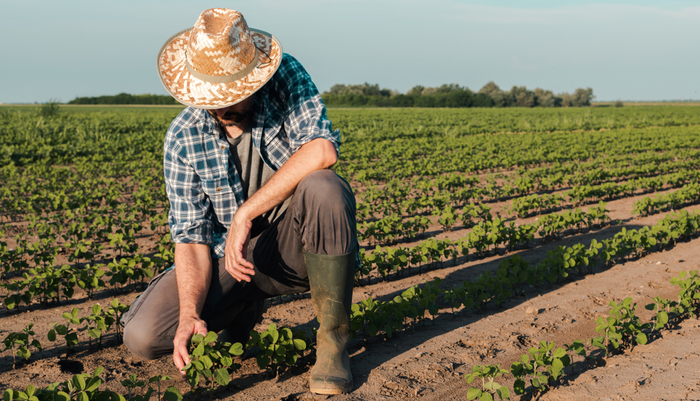Pilgrim’s UK, the leading food and farming business and the world’s largest producer of higher welfare pork, has committed to using fully verified, zero-deforestation sustainable soya to feed its pigs by 2025.
The producer currently has the lowest soya usage in pig diets in Europe and this has been validated for the last two consecutive years. Pilgrim’s UK accounts for 99% of all the responsibly sourced soya supplied in Europe since 2019. In 2020, Pilgrim’s UK remained in the top 10 purchasers of RTRS (Round Table on Responsibly Sourced Soya Association) soya globally.
As part of its Pilgrim’s UK 2030 sustainability plan, the business has committed to going further in ensuring all of the soya in its pig diets is sourced through sustainable methods that do not harm the natural environment. This involves reducing soya usage where possible, and ensuring that the soya that is used is sourced sustainably. The business has therefore carried out a series of trials to support the reformulation of its pigs’ diets, sourcing practical alternatives where possible. Working closely with its supply chain partners, further trials are planned later this year.
Pilgrim’s UK is a member of the UK Round Table for Responsible Soya (UKRTRS) and sits on both the UKRTRS steering group and the UKRTRS working group for physical supply chains, as well as being signatories of the Cerrado Manifesto Statement, supporters of the Amazon Soy Moratorium and founding partners of the Soy Transparency Coalition. It is also working closely with NGOs and advisory groups to educate and inform policy makers across the globe.
Pilgrim’s UK has been pioneering the use of alternatives to soya for the past 10 years. Through extensive R&D programmes, it now utilises EU and UK grown alternative proteins across all of its diet formulations.
Matt Dight, head of sustainability at Pilgrim’s UK, said: “In recent years we have been working hard to ensure that all of our pig feed is made in the most sustainable way possible, and that our entire supply chain is coordinated and committed to using sustainable soya across their operations, helping to consolidate a sector-wide approach. We are extremely proud to have taken a leading role in developing discussions and initiatives in this space, as well as trialling more innovative alternative proteins in our pigs’ diets.
“We know that methods of soya farming can have a harmful impact on the environment, and the meat industry has a responsibility to remove soya produced in this way from its supply chains. Through our Pilgrim’s UK 2030 sustainability plan we are leading the way in this area, with clear targets and ambitions to drive change within the next decade.”


